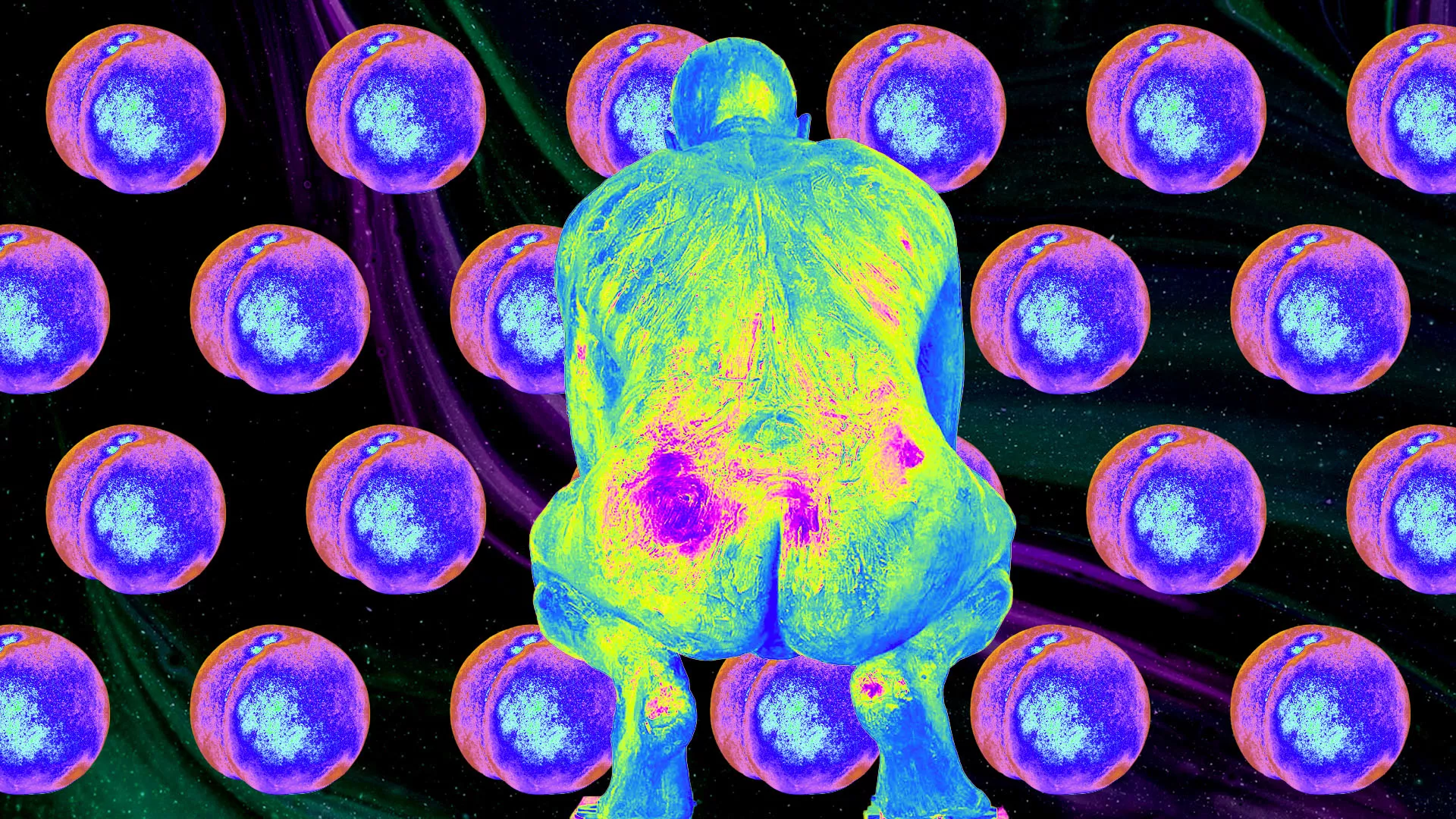Prostate Cancer Screening at PULSE Clinic - Asia's Leading Sexual Health Clinic
19027
Prostate cancer is the most common cancer among men and tends to grow continually. Prevention can be done easily by getting PSA test at PULSE CLINICS.

Prostate cancer is the most common cancer among Thai men and it tends to grow continually.
Usually, it may cause no signs or symptoms but if the symptoms are present,
they are similar to those of Benign Prostate Hyperplasia (BPH) or Prostatitis.
For this reason, you might have a severe stage of cancer or it has already spread to other organs before noticing that you have it.
The prostate gland is a small, rubbery gland, located deep inside the groin, between the base of the penis and the rectum.
It is important for reproduction because it supplies part of the seminal fluid (semen) and helps to protect the genetic materials or DNA.
It tends to grow larger as you get older and when the prostate grows bigger,
it constricts the urethra and causes difficulty in urinating,
leading to urinary retention in the bladder. This issue normally occurs in men over 60 years of age,
which if left neglected may be larger and larger until you could not be able to pass the urine.
Screening for Prostate cancer at PULSE Clinic
by Prostate Specific Antigen Free (Free PSA) tumor marker testing.
1690THB
including doctor fee, medical service fee, and testing.
Please book an appointment in advance for your convenience.
Easy, Fast, and Gentle
Add us on Line and stay in touch.
What is the PSA test?
Prostate-specific antigen, or PSA, is a protein produced by normal, as well as malignant, cells of the prostate gland. The PSA test measures the level of PSA in a man’s blood. For this test, a blood sample is sent to a laboratory for analysis. The results are usually reported as nanograms of PSA per milliliter (ng/mL) of blood.
The blood level of PSA is often elevated in men with prostate cancer, and the PSA test was originally approved by the US Food and Drug Administration (FDA) in 1986 to monitor the progression of prostate cancer in men who had already been diagnosed with the disease.
What is prostate cancer caused by?
Prostate cancer occurs when cells in your prostate start growing uncontrollably and abnormally. The increasingly rapid growth and division of these cells will be leading to blockage of the urethra or extensive destruction of the normal cell of the prostate gland. Even worse, these rapidly growing and dividing cells will be spreading or moving into other nearby organs or even vital organs of the body, such as the kidneys, liver, lungs, or bones, causing damage and destruction of those organs. As time goes by, this will be causing death in the patient.
What are the symptoms and signs of prostate cancer?
The symptoms and signs of prostate cancer may include:
- Difficulty in starting to pee.
- Decreased force of urination.
- The urge to urinate frequently at night.
- Pain or burning during urination or ejaculation.
- Blood in the urine or semen.
Add us on Line and stay in touch.




